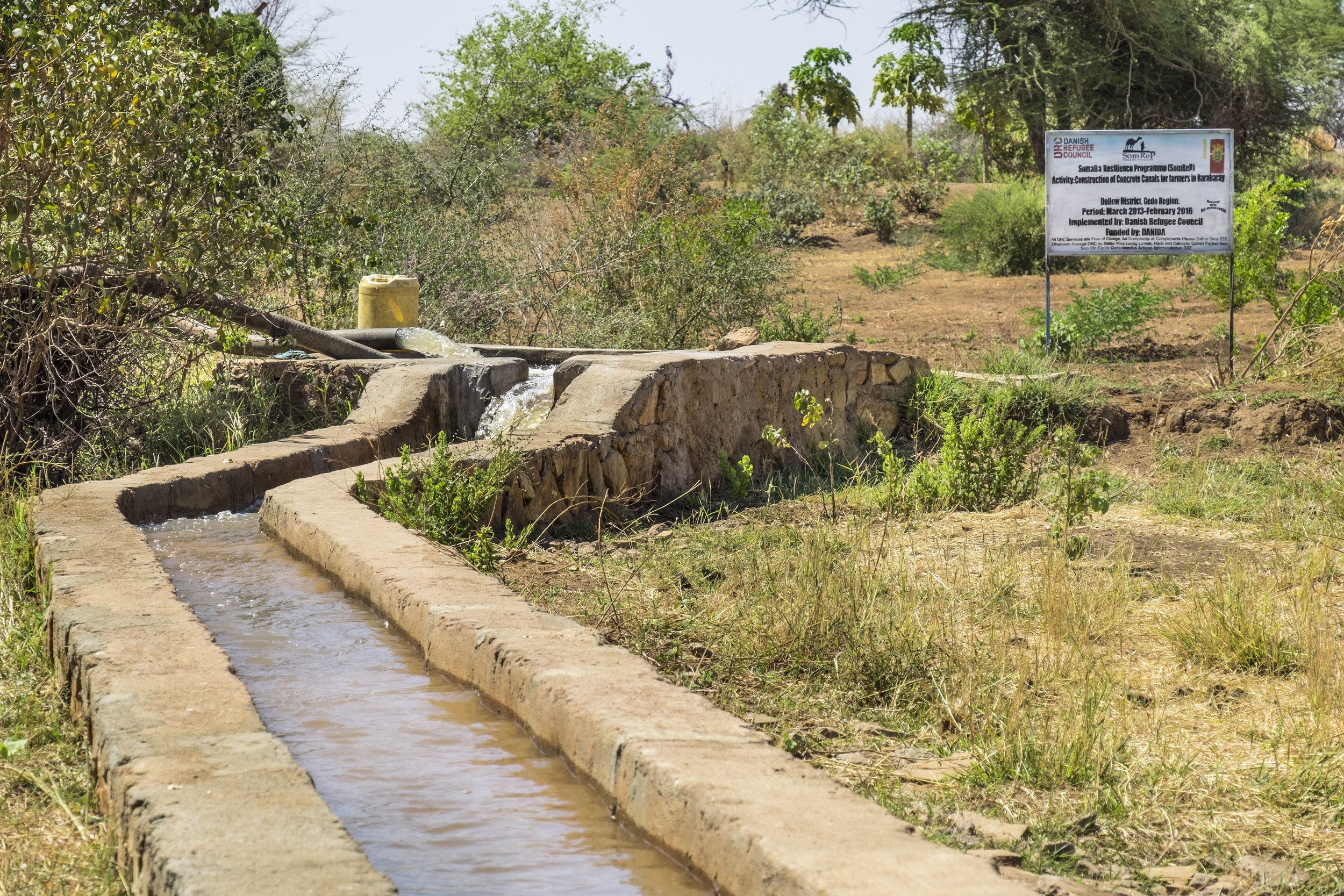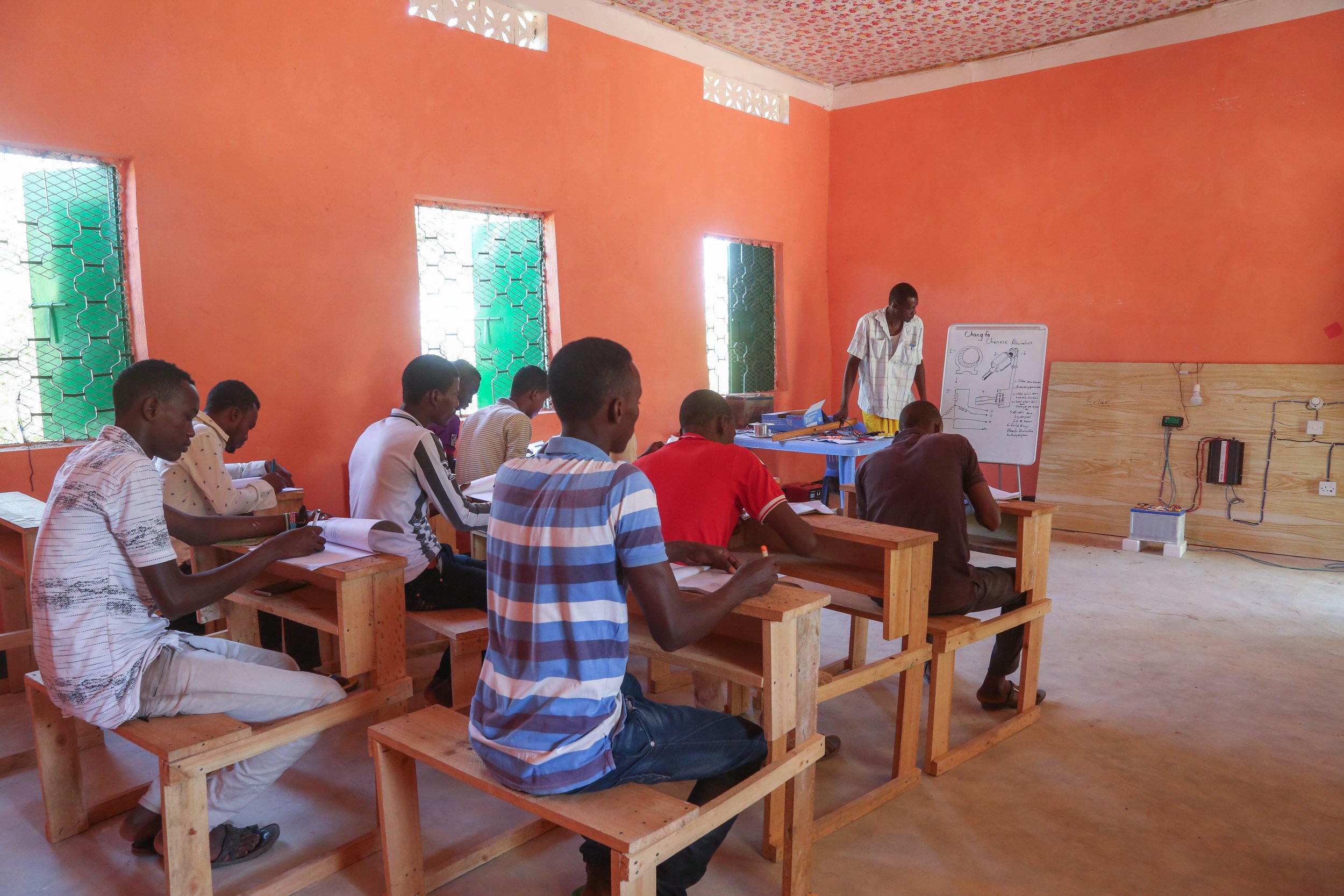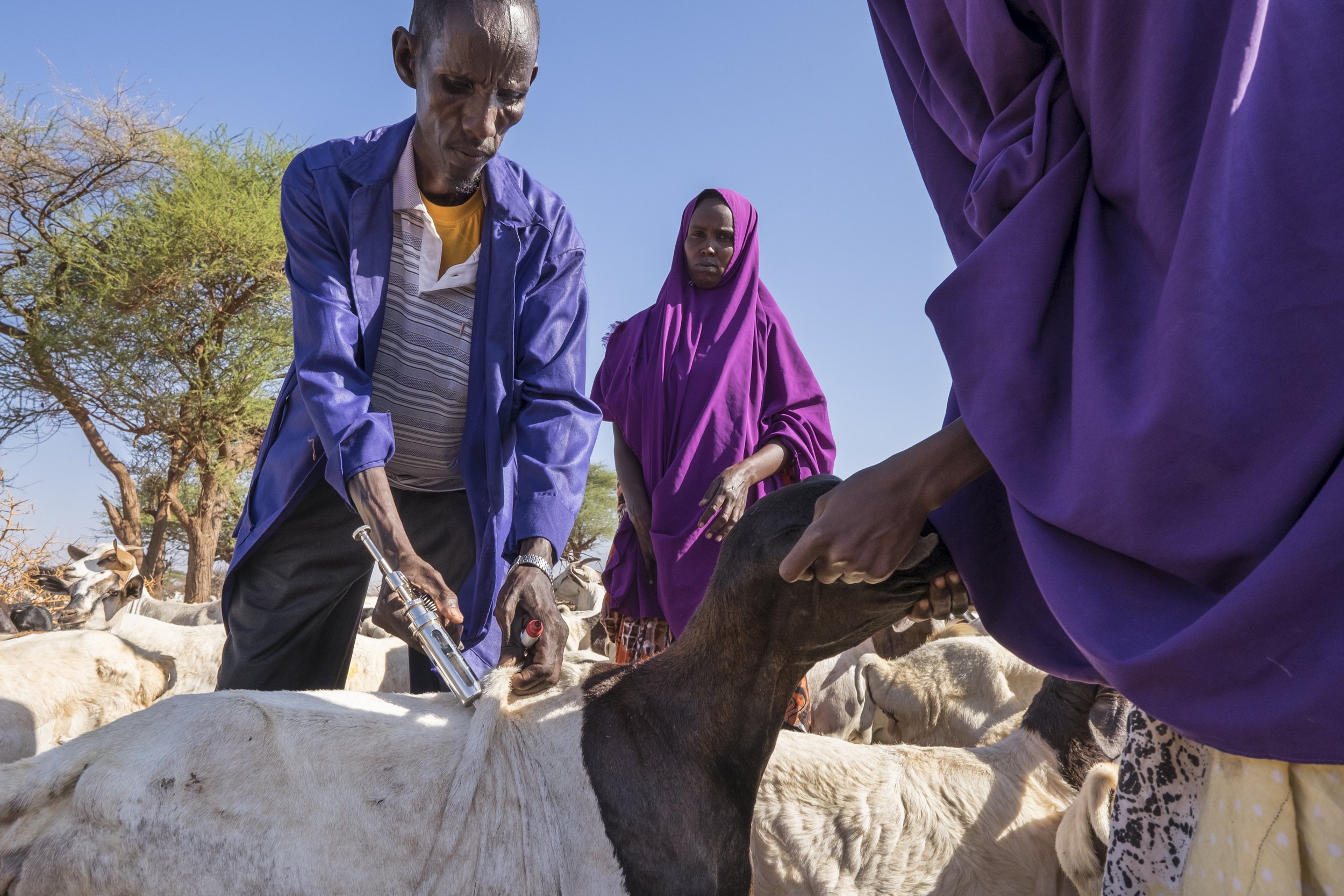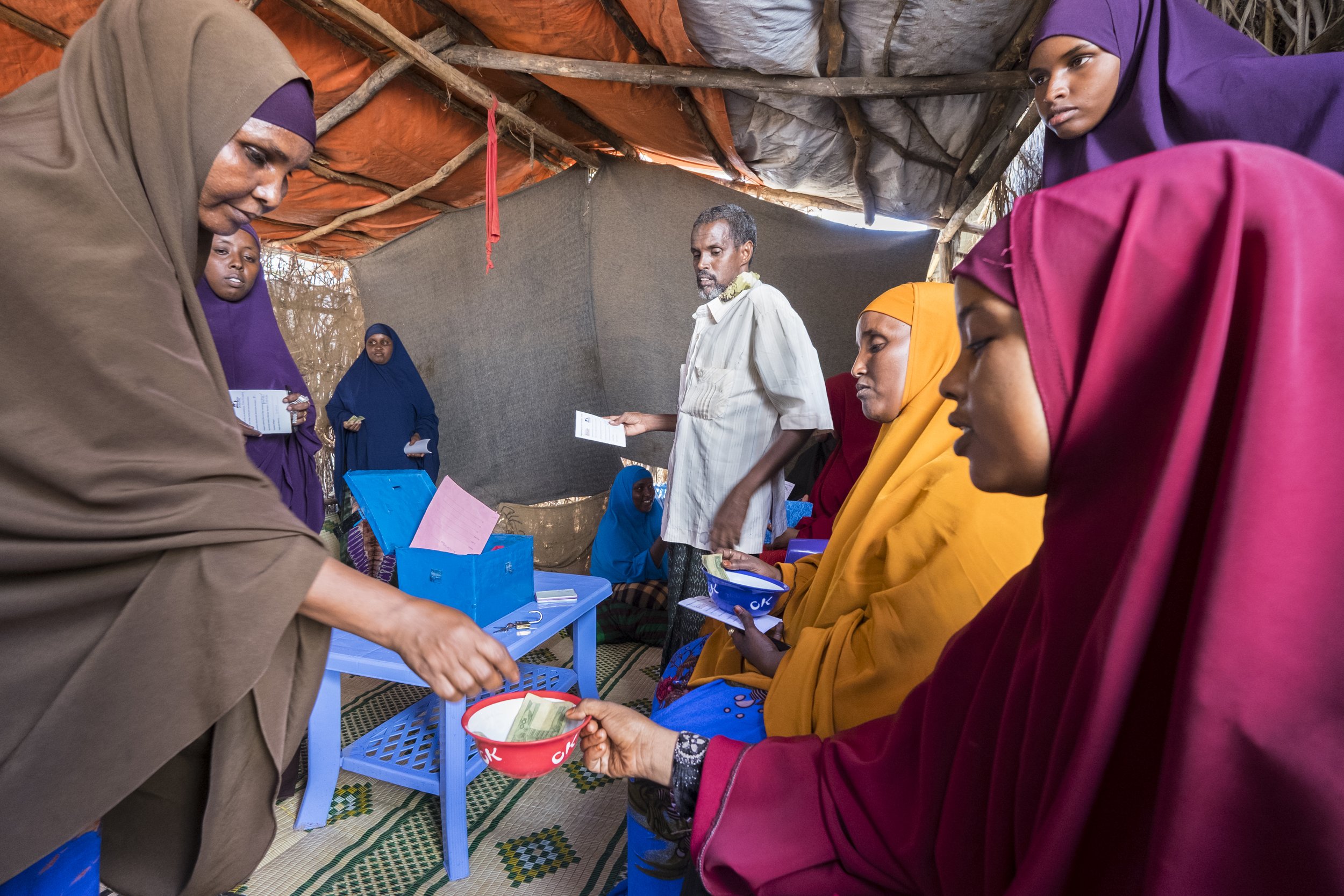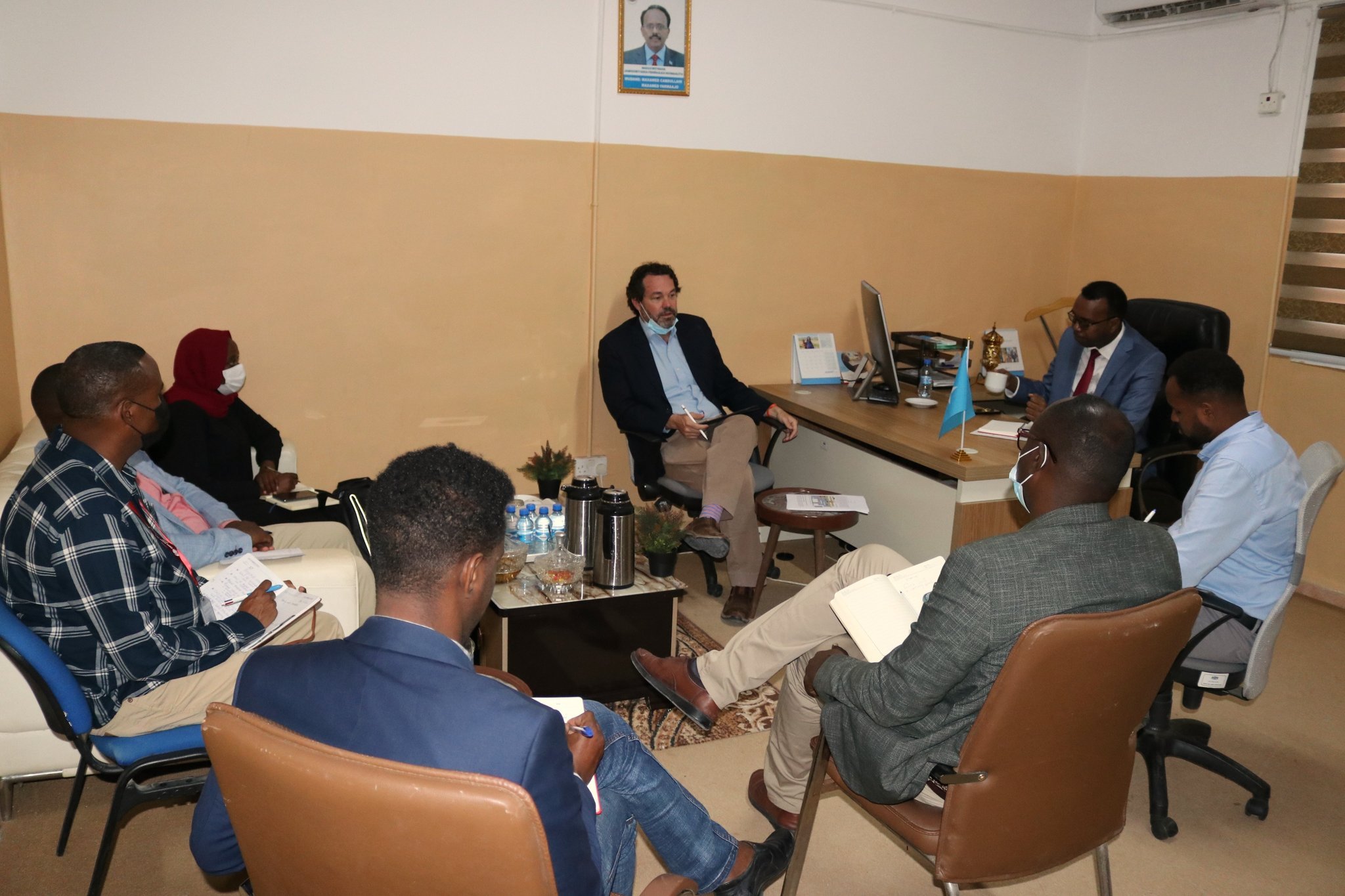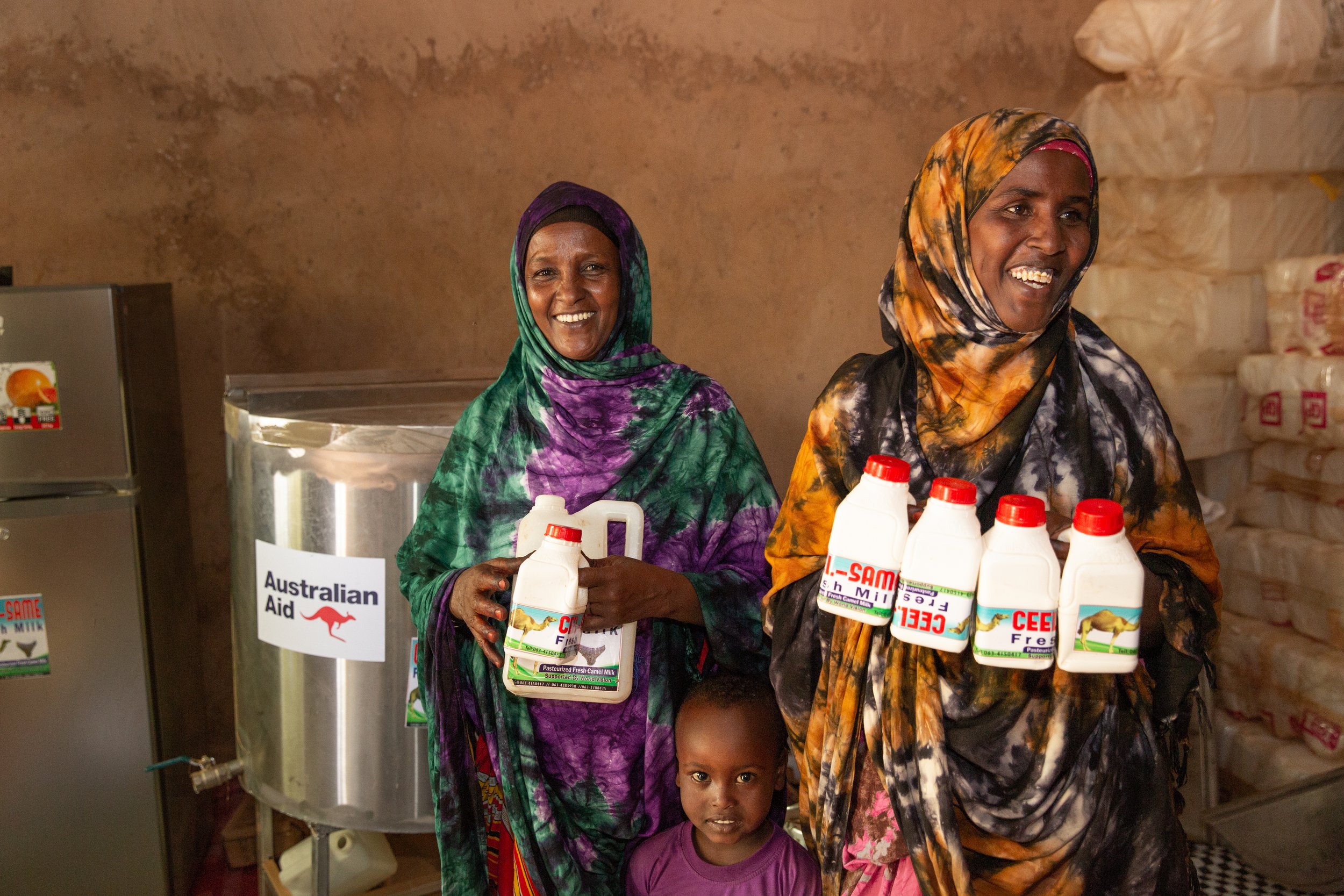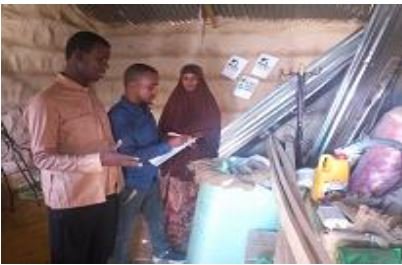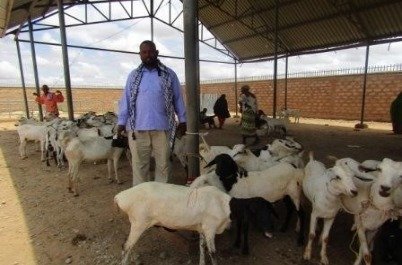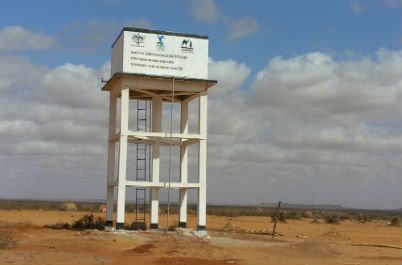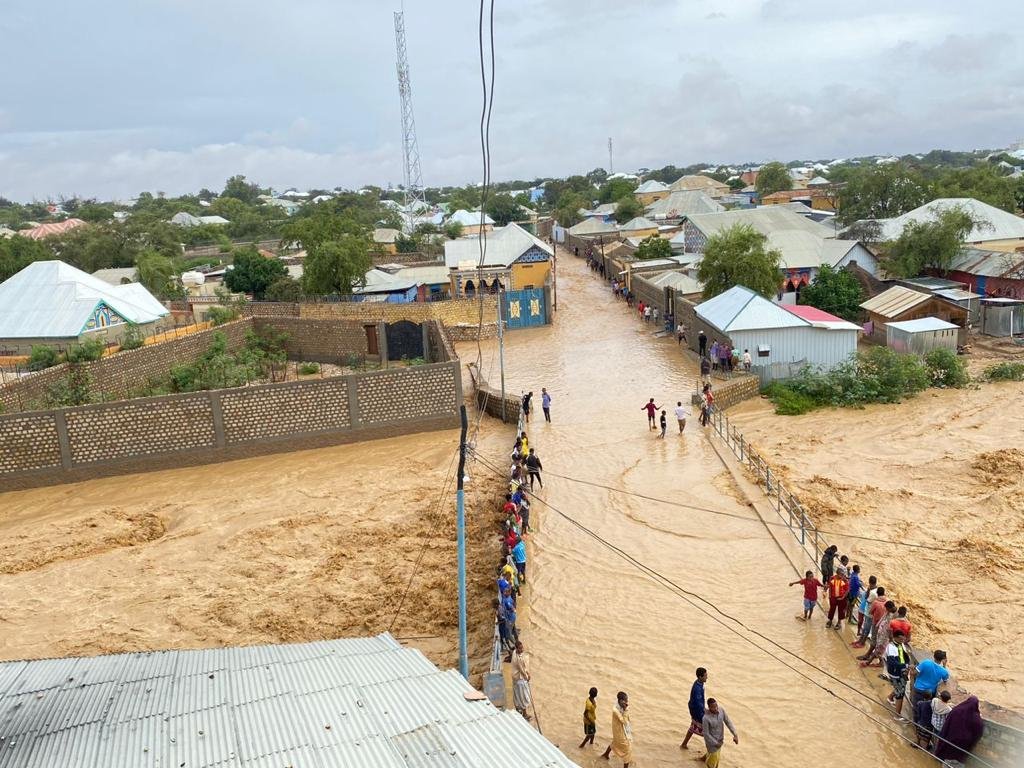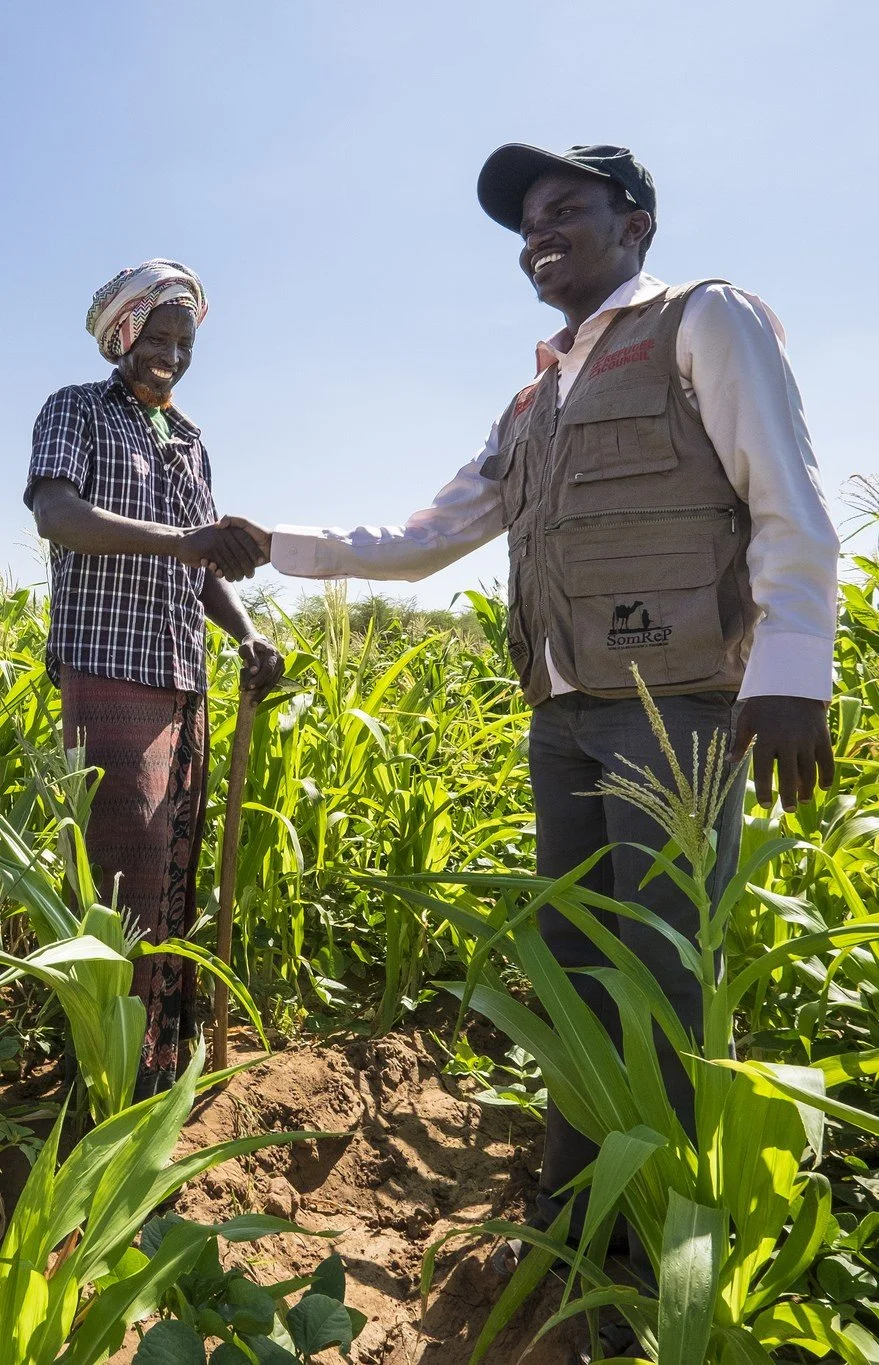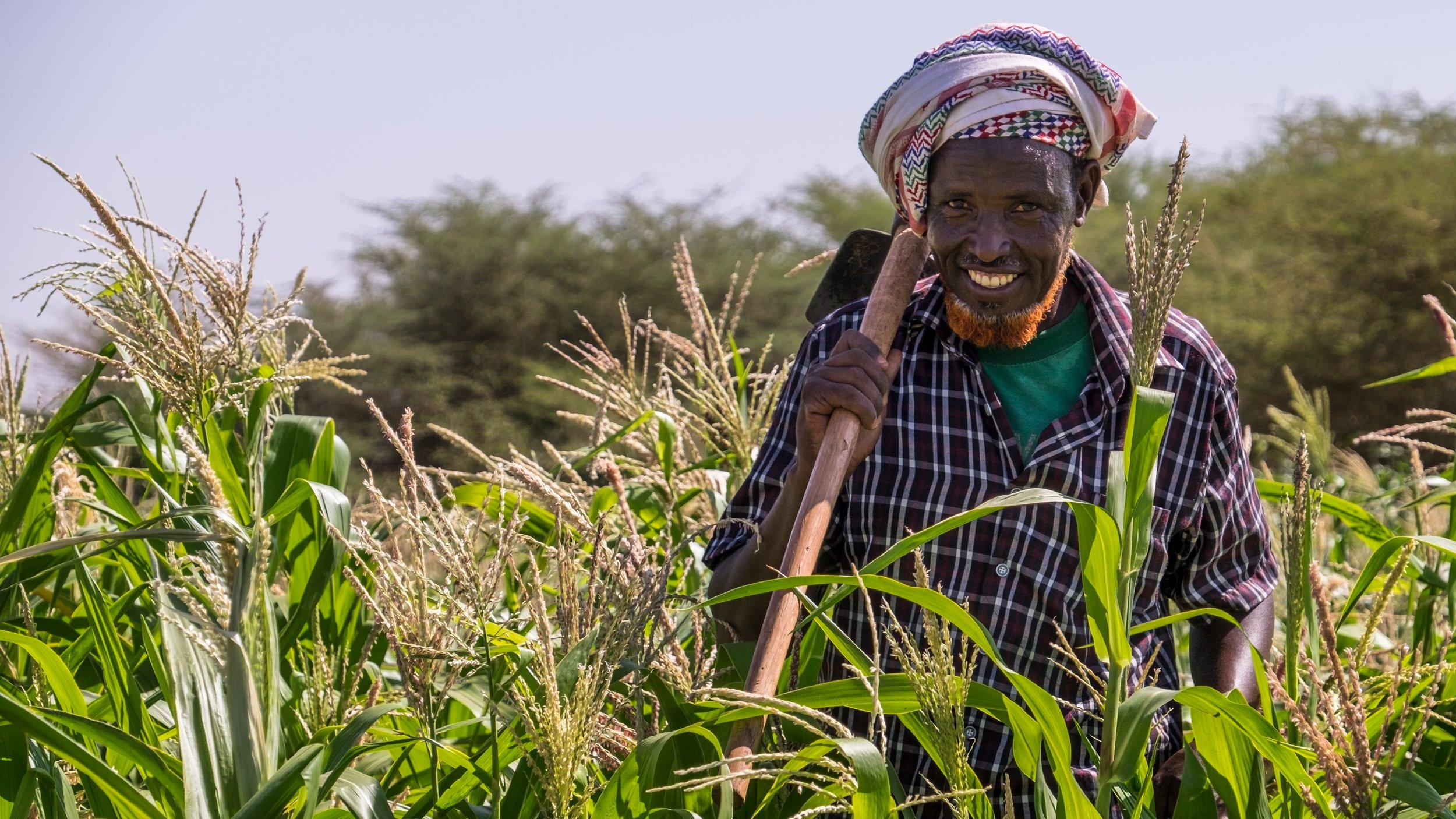
Enhancing Resilience in Somali
As Somalia changes, SomReP is also evolving to address emergent threats and take advantage of new opportunities. The consortium draws upon the best-practices of its eight NGO members, as well as network of local and international partners to develop and refine technical approaches to address the underlying causes of vulnerability to climate shock. In the years ahead, the program will scale new approaches aimed to support gender and social equality, develop fair and equitable market systems, and social cohesion whilst still remaining adaptive to climate shocks through its crisis modifier
What we do
Where we work
SomReP’s geographic footprint is guided by the intent of its members to make long-term, multi-sector investments within specific districts in addition to reaching the most vulnerable and marginalized groups within the country. Our current operational presence spans in the countries of Somali, South Sudan and Sudan in locations depicted in the map.
The program leverages its members’ existing and historic relationships and on-going complementary, multi-sectoral programming as a base to establish long-term resilience initiatives whenever resources become available and wherever access permits.
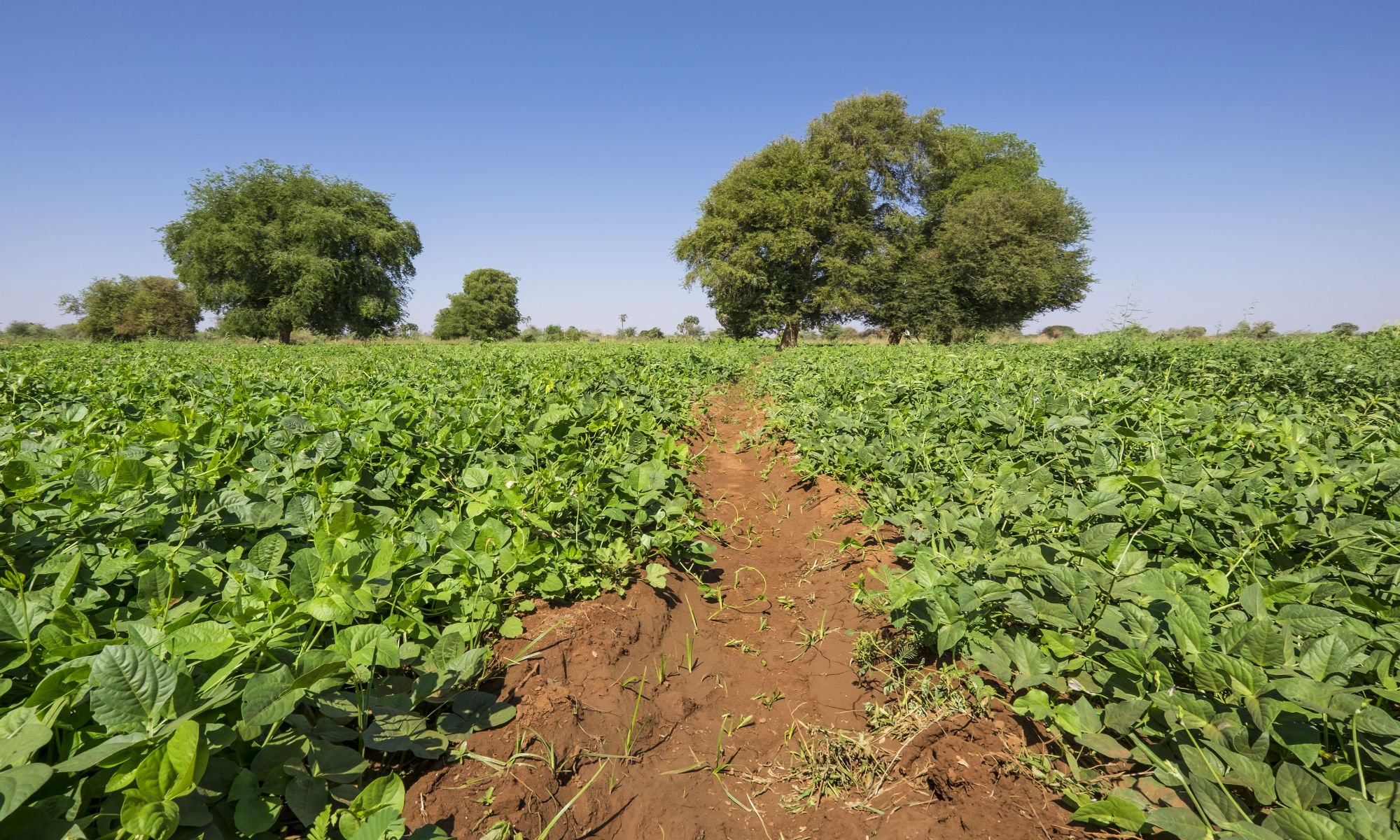
Resilience Impact
-

67, 143 agro pastoral farmers have been trained on fodder production, value addition and have been linked to markets to increasing local trade volumes and growth of sustainable value chains that provide better farm gate value for producers
-
1,533,400 livestock have been vaccinated and treated to protect breeding stock to address emergency response priority actions to mitigate disease incidence during droughts
-
256,000 Households engaged various resilience interventions including Cash based interventions layered to support rehabilitation or construction of productive community assets
-

3.5 million metric tons of agricultural input have been distributed to boost production volumes paired with 77Ha of land that are under Good Agricultural Practices
Our Projects
Reports and Publications

“I am very pleased with SomReP projects in Xuddur especially the VSLA (Village Savings and Loan Association) program, and we are requesting to extend the project duration. Thanks.”
— SomReP Beneficiary, Xuddur region, received through Online Feedback System
Our Gallery

